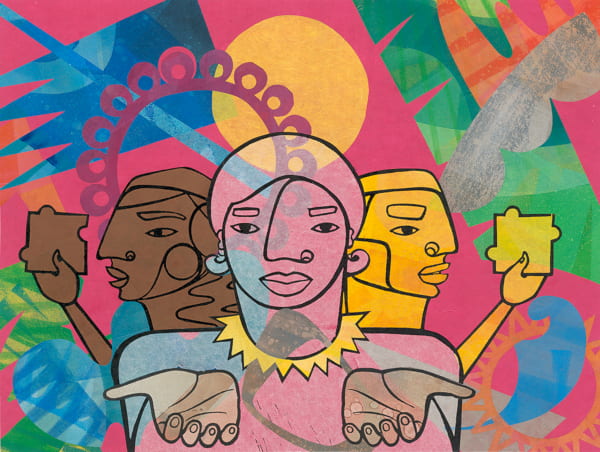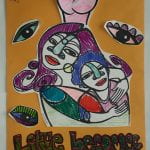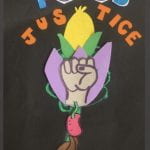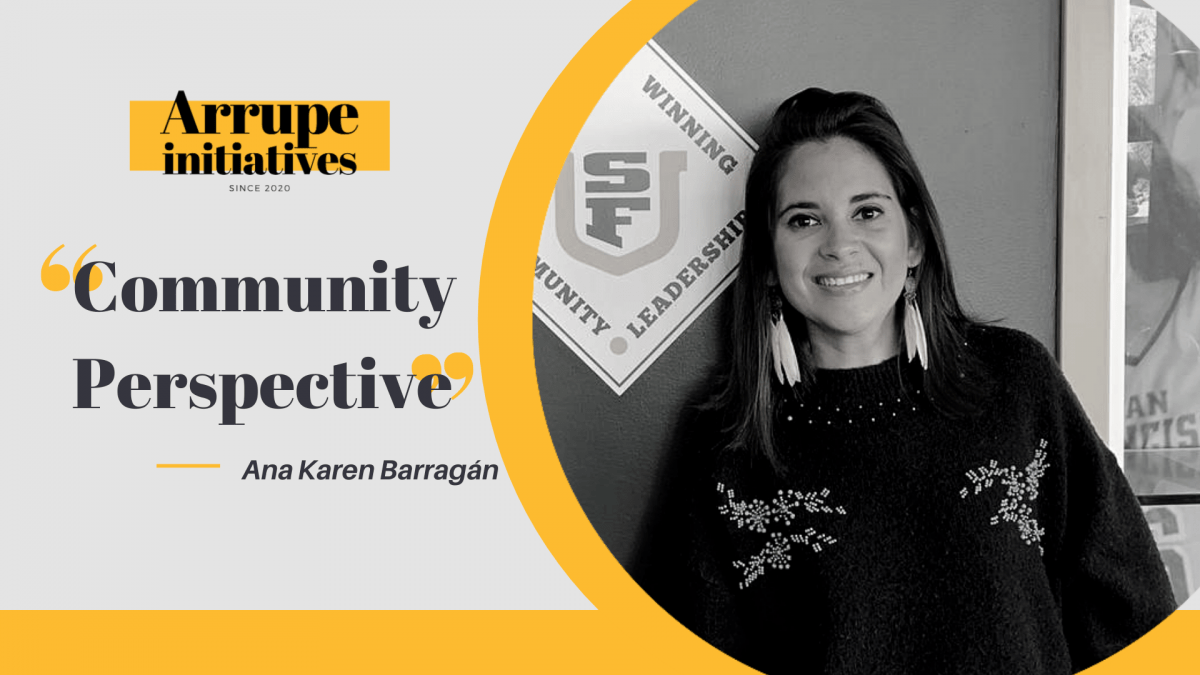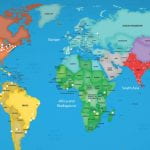On this occasion we had the opportunity to talk with the president of the Universidad Centroamericana (UCA) in Nicaragua, Fr. José Idiáquez, S.J., about the relevance of education and the commitment of Jesuit universities.
During the conversation, Fr. Idiáquez, S.J., commented that the horizon of Jesuit universities has to be the commitment to the oppressed majorities, with the objective of transforming society stating: “A university cannot be at the service of the status quo. It is not about being rebels without a cause, it is about the university forming professionals who are truly humanized; to not enter into the mercantilism of knowledge; that the institution can unite social commitment with academic rigor.”
For him this implies that the university must opt for the poor and the marginalized; the university cannot be impartial. In that direction, Fr. Idiáquez, S.J. mentioned that the Jesuit institution he leads has suffered the consequences of this option for justice and social commitment, “The UCA is living in its own experience that the option for the poor in an oppressive regime like that of Daniel Ortega and Rosario Murillo one does not have the right to think and a university in which one thinks is a danger. The government takes advantage of hunger and the poorest people to beat universities and young students who protest for the rights of society.”
It is important to remember that the Jesuit university in Nicaragua has publicized various attacks and threats by the government of Daniel Ortega towards the University. Denunciations that have been supported and joined by the Conference of Jesuit Provincials in Latin America (CPAL), the Association of Jesuit Universities in Latin America (AUSJAL), and other institutions of the Society of Jesus.
The rector remarked during this conversation that: “The UCA is being hit in its university autonomy because the government has taken financial resources from us and continues with intimidation processes so that the university stops being a critical voice in the country. However, the UCA has a clear option for refugees, migrants, abused and harassed women, political prisoners, because the Jesuit university cannot reproduce social inequalities.”
Fr. Idiáquez, S.J., invited the students to continue their formation through reading and critical thinking, to contribute significantly to society and fight against oppression, racism, classism, and social exclusion.
Likewise, he pointed out that current students do not feel capable of studying or with the possibilities of doing so, with the purpose of being cornered into being cheap labor for companies. In view of this, universities must offer opportunities (scholarships and support) to young people; this is part of the commitment to social justice to which they must commit.
Short Bio by CPAL:
Fr. José Alberto Idiáquez Guevara SJ is currently president of the Universidad Centroamericana (UCA). In 2001, he was Provincial Superior of the Society of Jesus in Central America. In 2001, he received an honorary doctorate from Seattle University for his humanistic work.
Born in Nicaragua in 1958, Fr. Idiáquez holds a degree in Philosophy and Social Sciences from the Free Institute of Philosophy and Sciences of the Society of Jesus in Mexico. He also has two master’s degrees, one in Theology from the UCA in El Salvador and another in Social Anthropology from the University of Austin, Texas.


